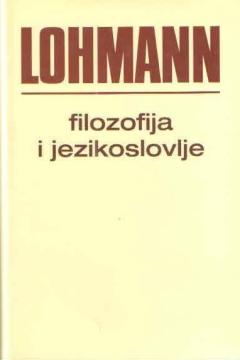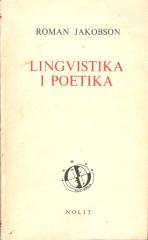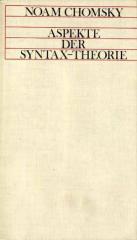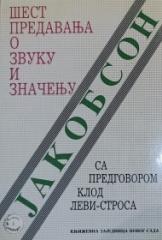
Filozofija i jezikoslovlje
German philosopher and linguist Johannes Lohmann developed the radical thesis that the fundamental philosophical structures of Western thought cannot be understood without considering the grammatical and syntactic features of Indo-European languages, espe
The book/selection of texts shows how ontology (Parmenides → Plato → Aristotle → Kant → Heidegger) is inextricably linked to the structure of language that distinguishes between noun-substance and verb-process. The subject-predicate clause of Greek and Latin made possible “being” as something permanent in contrast to “becoming”. In contrast, Semitic languages (Hebrew, Arabic) and some Asian language structures do not have this sharp opposition, nor a corresponding metaphysics of substance.
Lohmann argues that the entire history of Western philosophy is “linguistically conditioned”: the notions of being, logos, subject, transcendental ego, and even Heidegger’s “Sein” derive from a specific Indo-European syntax. He criticizes Heidegger for remaining trapped in this tradition instead of breaking free from it through linguistics.
The work is difficult, but influential in the circles of comparative philosophy of language (compare Humboldt, the Sapir-Whorf hypothesis, and the later works of Peter Sloterdijk). Lohmann concludes that a true "world philosophy" can emerge only when we free ourselves from the illusion that the Greco-Indo-European way of thinking is universal.
One copy is available





